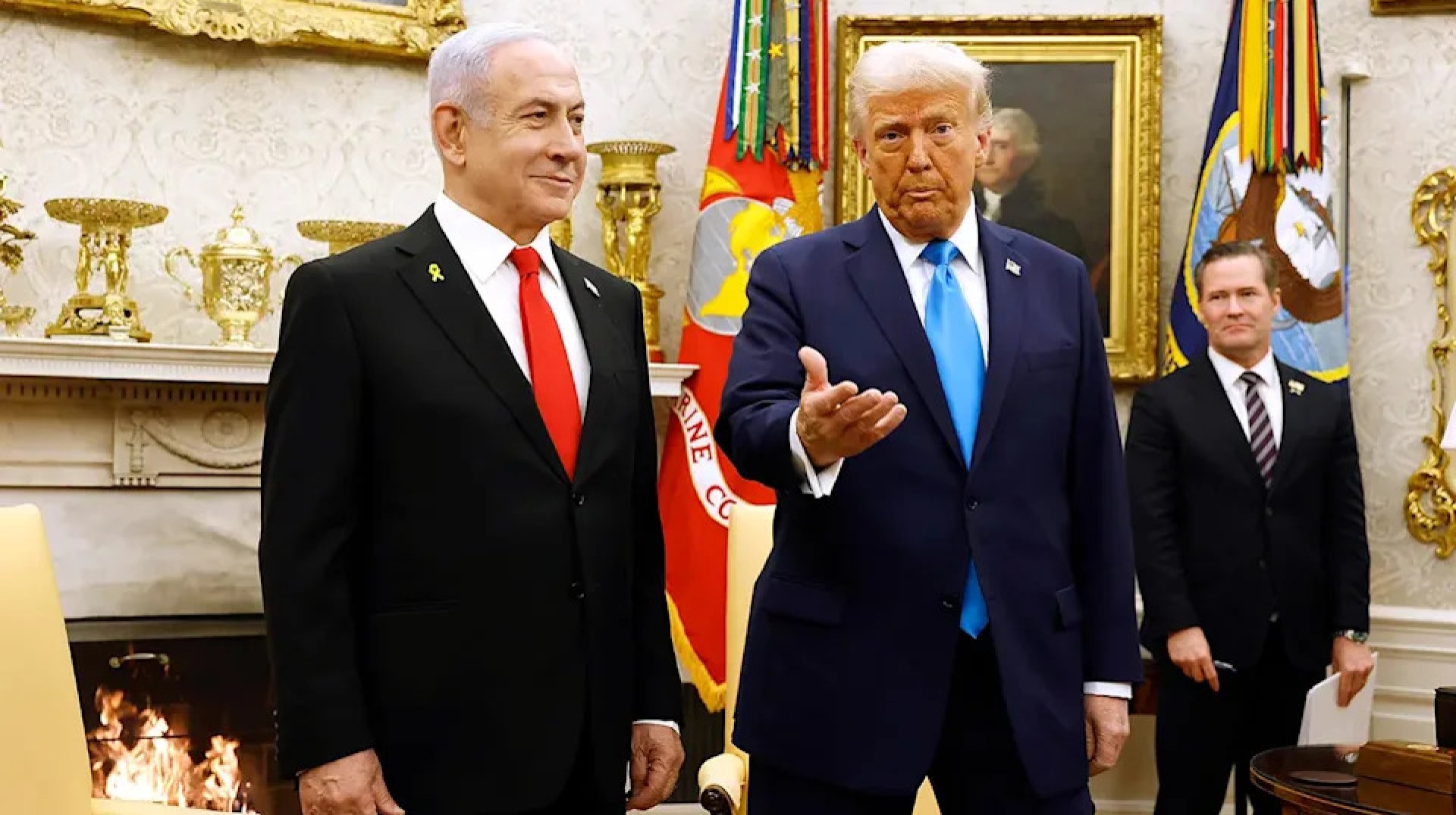An Iranian cleric has reportedly issued a fatwa targeting former U.S. President Donald Trump and Israeli Prime Minister Benjamin Netanyahu, a move that has sparked international concern and condemnation. This development raises serious questions about the potential ramifications for regional stability and the safety of those targeted. The implications of this alleged fatwa are far-reaching, impacting diplomatic relations and security considerations globally.
Understanding the Fatwa
A fatwa is a non-binding legal opinion or ruling issued by a qualified Islamic scholar or mufti in response to a specific question or situation. While not legally binding in most countries, fatwas can carry significant religious and social weight, influencing the behavior of Muslims who adhere to the scholar’s interpretation of Islamic law. According to Dr. Fatima Karim, a specialist in Islamic jurisprudence at the University of Al-Azhar, “The impact of a fatwa depends heavily on the stature and influence of the issuing cleric within their community and beyond.”
The Alleged Targets: Trump and Netanyahu
The reported fatwa names Donald Trump and Benjamin Netanyahu, two figures known for their controversial policies and actions in the Middle East. The specific reasons cited for the fatwa remain unclear, but they likely stem from perceived injustices or actions deemed harmful to the interests of Iran or the broader Muslim community. “Targeting political figures in this manner is a deeply concerning escalation,” noted Ambassador (ret.) Thomas Albright, a former U.S. diplomat specializing in Middle Eastern affairs.
International Reactions and Condemnation
News of the alleged fatwa has been met with widespread condemnation from international bodies and governments. A spokesperson for the United Nations stated, “The UN unequivocally condemns any incitement to violence or threats against individuals, regardless of their position or background.” Several countries have issued statements urging restraint and calling for dialogue to de-escalate tensions. The European Union’s foreign policy chief, Josep Borrell, emphasized the need for all parties to adhere to international law and refrain from actions that could further destabilize the region.
Potential Ramifications of the Fatwa
The potential consequences of this fatwa are significant and multifaceted. Firstly, it could incite violence against the targeted individuals or their supporters. Secondly, it could further strain relations between Iran and the international community, particularly the United States and Israel. Thirdly, it could empower extremist groups seeking to exploit the situation for their own purposes. According to a 2023 report by the International Crisis Group, “Such pronouncements can be easily misinterpreted or weaponized by non-state actors, leading to unpredictable and dangerous outcomes.”
Impact on Regional Stability
This development occurs against a backdrop of already heightened tensions in the Middle East. The ongoing conflicts in Yemen, Syria, and other countries, coupled with the unresolved Israeli-Palestinian conflict, create a volatile environment where inflammatory rhetoric can have devastating consequences. The fatwa could be interpreted as a call to action by those who oppose Trump’s and Netanyahu’s policies, potentially leading to further instability and conflict. The Ministry of Foreign Affairs of a key regional power stated: “We urge all parties to exercise maximum restraint and to work towards a peaceful resolution of outstanding issues.”
Expert Analysis and Perspectives
Experts in Islamic law and Middle Eastern politics offer varying perspectives on the significance of the fatwa. Some argue that it is merely a symbolic gesture intended to express outrage and condemnation, while others believe that it represents a genuine threat that should be taken seriously. Dr. Hassan El-Amin, a professor of political science at the American University of Beirut, suggests that “the true impact of the fatwa will depend on how it is received and interpreted by different actors in the region.” He further notes the importance of understanding the specific context and motivations behind the cleric’s pronouncement.
Conclusion
The reported issuance of a fatwa targeting Donald Trump and Benjamin Netanyahu is a concerning development with potentially far-reaching consequences. While the true impact remains to be seen, it underscores the need for careful diplomacy, de-escalation of tensions, and a commitment to peaceful resolution of conflicts in the Middle East. The international community must work together to prevent incitement to violence and ensure the safety and security of all individuals, regardless of their political affiliations or beliefs. The situation warrants close monitoring and a proactive approach to mitigate any potential risks.


